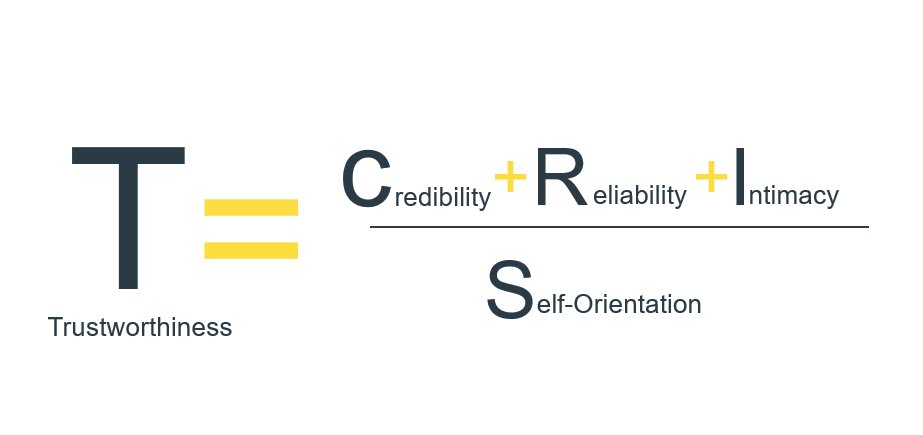No leader is perfect. The outdated rhetoric of leaders as heroic is unhelpful at best and damaging at worst. However, Jacinda Ardern has caught the attention of the global media in the way that she has led New Zealand through the pandemic, and before that the Christchurch mosque shootings, so there’s value for all leaders in reflecting on her approach.
From a recently published examination of the leadership approach and practices of the New Zealand government, led by Prime Minister Jacinda Ardern, in the response to the COVID-19 pandemic, I extract 5 valuable lessons:
The underrated value of listening and asking
Being an effective leader is not about having all the answers. The complexity of the issues which leaders must deal with makes listening a more valuable asset; listening to the full range of experts on a particular issue, and to the various stakeholders involved or affected. Yet many leaders spend more of their time offering opinions than seeking them.
As a comms professional, it’s unsurprising that Ardern is an excellent communicator. She recognises the value of informal communication channels, particularly in this time of ubiquitous social media, fake news and public cynicism. Ardern used regular Facebook Live sessions to check in with citizens during their relatively brief time in lockdown. I watched one session, in which Ardern was at home on her sofa, dressed in jeans and a sweater, having just put her daughter to bed. In an incredibly informal, chatty manner, she effortlessly demonstrated consideration and empathy, whilst also delivering some tough messages, and providing clear direction to mobilise effort.
To support citizens through lockdown, Ardern also conducted a series of video interviews in which she interviewed various experts, including a psychologist about coping with the stresses of the pandemic, and an experienced business mentor about supporting small businesses.
As Dr Suze Wilson highlights in her article, Ardern quite literally asked the questions, using her platform to help build relevant knowledge. She did not have the answers, but she ensured that she found and shared them.
Proactive and perceptive decision-making
Ardern’s strategy to managing the pandemic was, similarly to Boris Johnson’s in the UK, “led by the science”. However, as I think we all now recognise (if we didn’t already), there is no single ‘science’. There are few undisputed, universal scientific truths in any field, but particularly in relation to a new and rapidly changing virus.
After listening and asking, therefore, the next key leadership capability is to decide – often fairly promptly - what to do. Effective leadership decision-making requires a critical evaluation of the key sources of information, but importantly, consider the data or information in the context of your specific business, or in Jacinda’s case, country.
This is where experience can be a blessing or a curse. Experience provides the foundation for intuitive decision-making, whereby people use patterns derived from their past experience to make rapid decisions about what to do in the present. Whilst experience and intuition enable us to make decisions rapidly, its value is limited when we’re confronted with situations that are radically different from the past. For instance, Ardern’s Government deemed the standard WHO-informed influenza pandemic plan as unsuitable, given COVID-19’s longer incubation period, which greatly increases the potential for asymptomatic transmission. Thanks to lobbying from NZ public health professors, they decided to adopt a more aggressive and ambitious approach than just ‘flattening the curve’.
Compelling communication
To motivate action, leadership communication needs to achieve three things. It needs to create meaning for people, it needs to be from the heart, and it needs to convey clear direction. Ardern uses language very skilfully to achieve this. In her in-depth analysis of Ardern’s communication and leadership approach regarding the pandemic, Dr Suze Wilson highlights how the New Zealand Prime Minister delicately balances the delivery of hard messages while also limiting the risk of people feeling overwhelmed, or that the government doesn’t understand or care about the impact of its decisions on individuals. Thus its critical role in navigating people through times of change.
Trust
You can’t mandate trust, it comes as a result of the types of things described above, but is critical to effective leadership. Without it, we aren’t willing to follow. We aren’t willing to do something a leader asks if we don’t trust that it will result in the promised outcome or, frankly, if we don’t like them.
